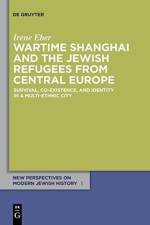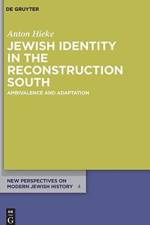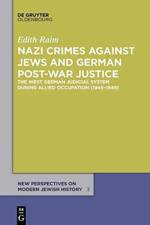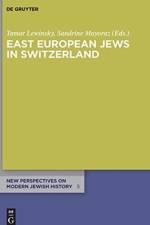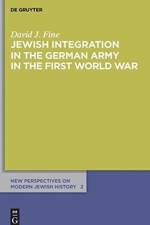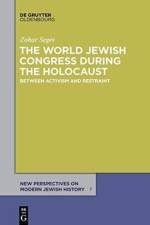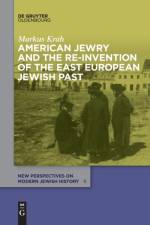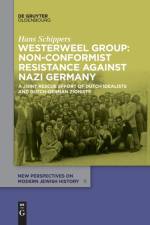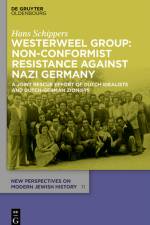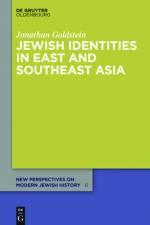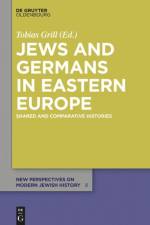- Singapore, Manila, Taipei, Harbin, Shanghai, Rangoon, and Surabaya
av Jonathan Goldstein
1 791
The Jewish communities of East and Southeast Asia display an impressive diversity. Jonathan Goldstein's book covers the period from 1750 and focuses on seven of the area's largest cities and trading emporia: Singapore, Manila, Taipei, Harbin, Shanghai, Rangoon, and Surabaya. The book isolates five factors which contributed to the formation of transnational, multiethnic, and multicultural identity: memory, colonialism, regional nationalism, socialism, and Zionism. It emphasizes those factors which preserved specifically Judaic aspects of identity.Drawing extensively on interviews conducted in all seven cities as well as governmental, institutional, commercial, and personal archives, censuses, and cemetery data, the book provides overviews of communal life and intimate portraits of leading individuals and families. Jews were engaged in everything from business and finance to revolutionary activity. Some collaborated with the Japanese while others confronted them on the battlefield. The book attempts to treat fully and fairly the wide spectrum of Jewish experience ranging from that of the ultra-Orthodox to the completely secular.

